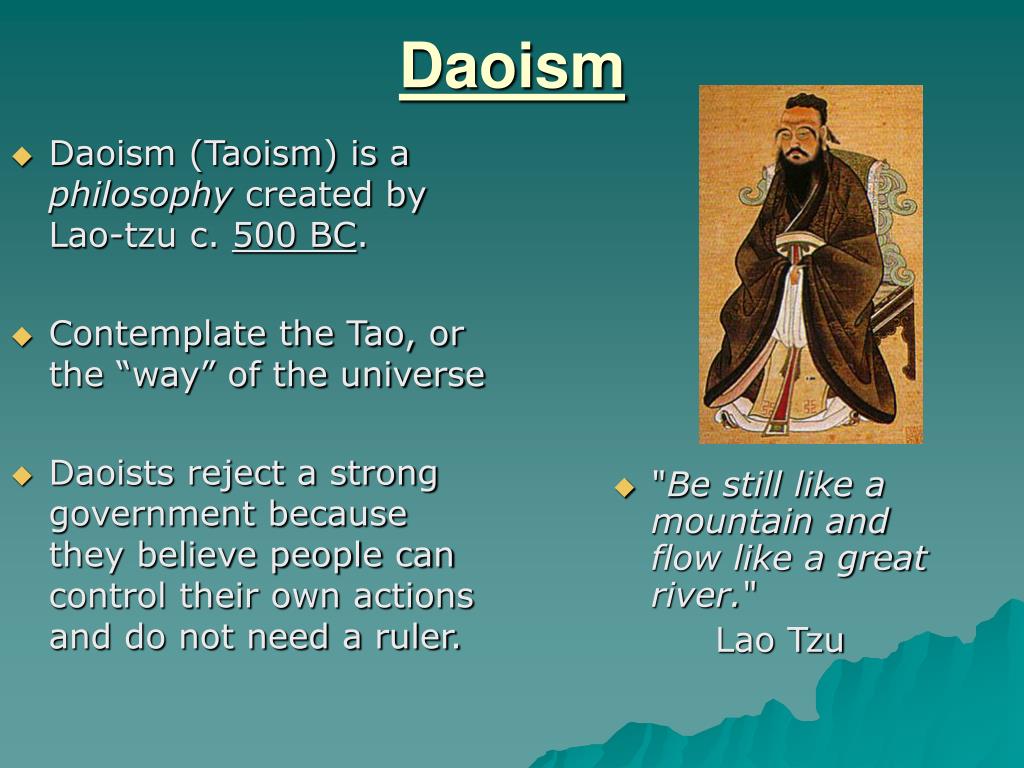It is widely held that mystical experiences have certain common qualities, such as ineffability and a sense of connection to a greater being, that point to a perennial philosophy underpinning otherwise diverse religious traditions. Philosopher Steven T. Katz argues that this is too simplistic: a closer look at accounts of mystical experience indicates that they are shaped by their cultural and religious context, as well as the conditions that govern what and how we are able to think. From the late nineteenth century until the 1980s, the most common, widely accepted interpretation of mystical experience was that the ultimate experience was the same across all ¬religious traditions. William James characterized the mystical experience as transient; as ineffable, or defying expression; as noetic, or imparting a form of knowledge or insight; and as passive, in the sense that the experiencer perceives an absence of his own will, and may also perceive the presence of…
Read the full article which is published on IAI TV (external link)






